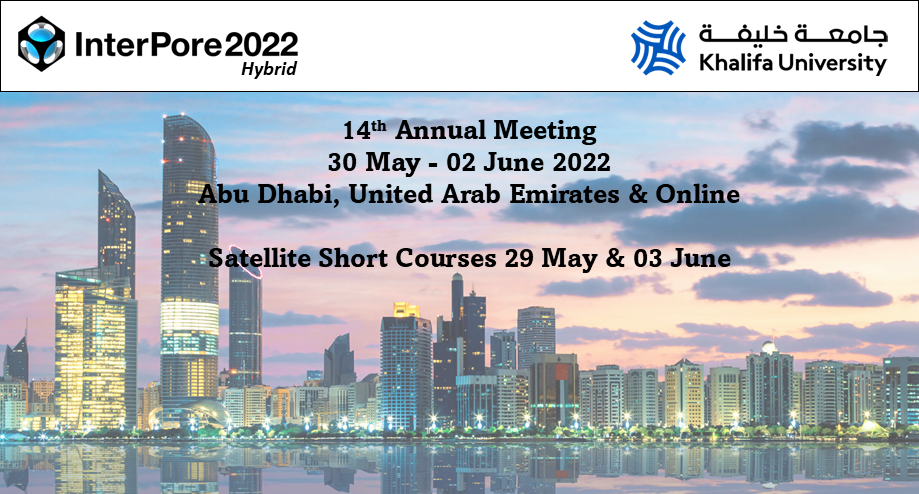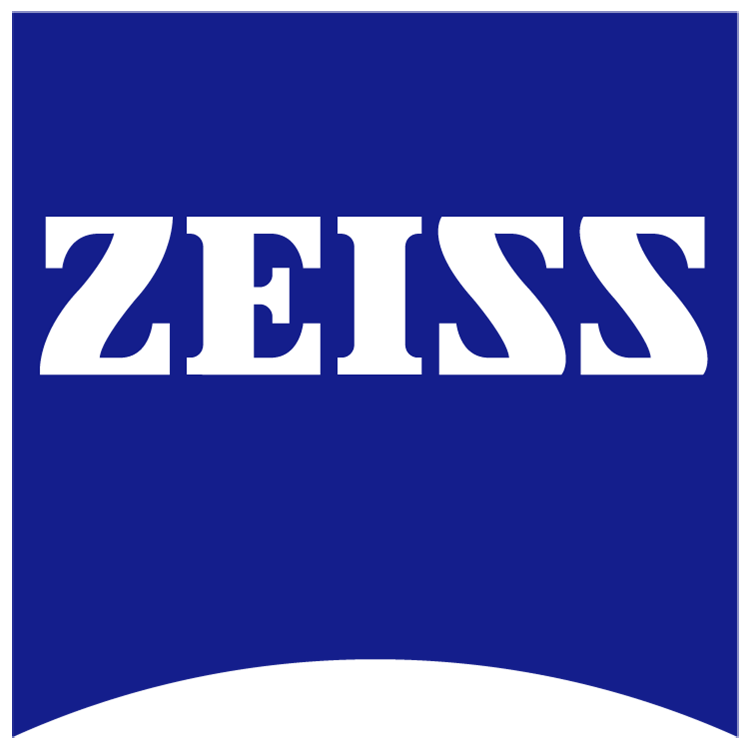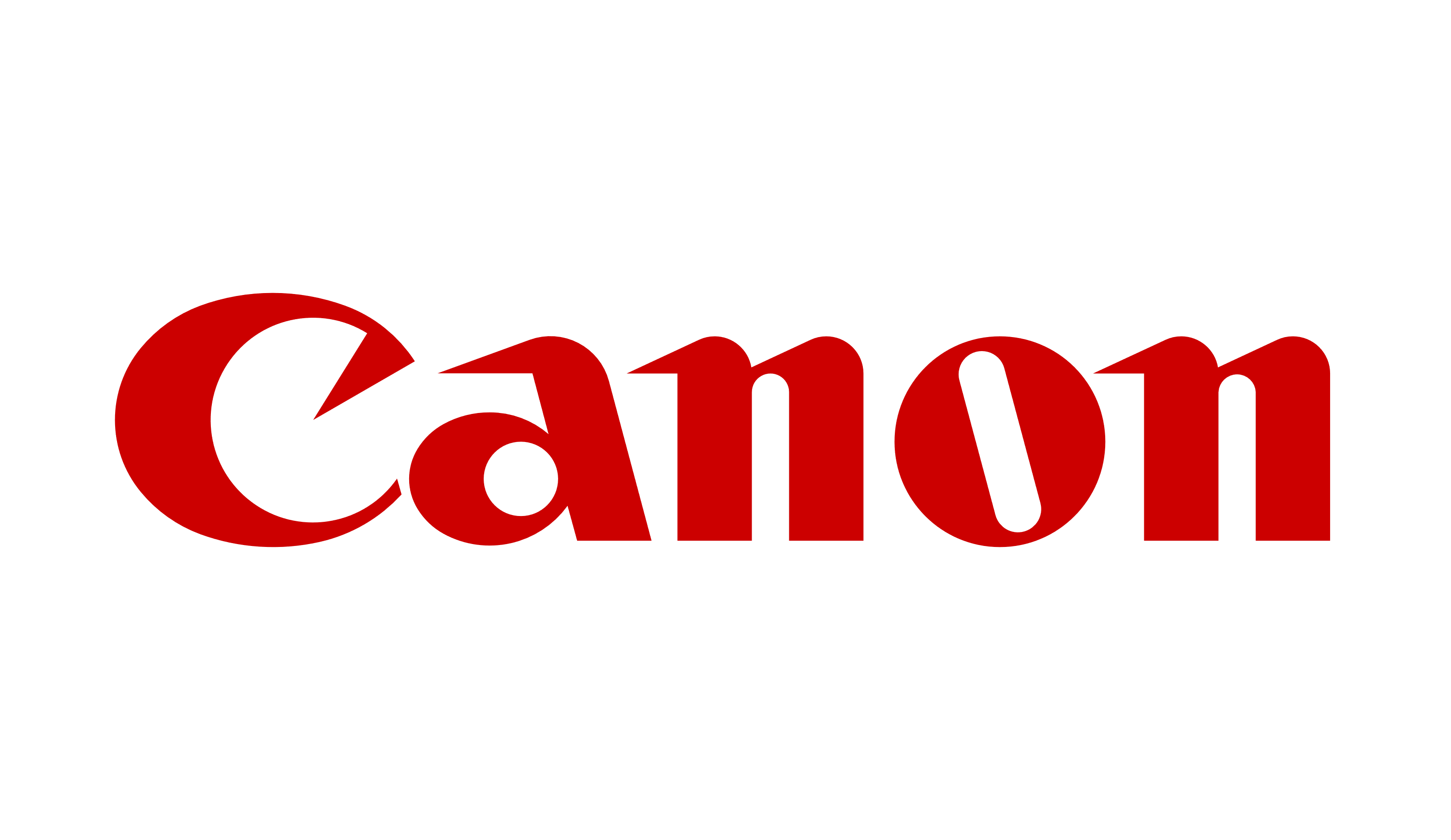Speaker
Description
Mineral nucleation and growth are prime examples of (geo)chemical reactions giving rise to geometry evolution during reactive flow and transport in porous media. The precipitation reactions can reduce porosity, alter pore space connectivity and morphology, modify tortuosity, and deteriorate permeability. Therefore, change the fluid flow and solute transport. Additionally, precipitation reshapes the available surface area for growth, leading to changes in the system's reactivity, reaction progress, and reaction rates. As the probabilistic nucleation model highlights, it is necessary to delineate both amount and location of nucleation and precipitation events in the spatiotemporal domain for precise prediction of changes in transport properties. This work aims to improve the understanding of factors controlling crystal nucleation and growth rates, the impact of ambient and aqueous phase properties, and the substrate characteristics. To explore the effect of solute concentration, temperature, and experimental elapsed time on the surface coverage area and the number of precipitated crystals, we carried out a total of 27 mineral synthesis experiments on the surface of heterogeneous quartz-rich sandstone with a solution stoichiometry of close to 1 (Ca/CO3 ≈ 1). The tests were performed at three temperatures (T = 20, 40, and 60°C) and three supersaturations (Ω = 15, 50, and 130x). The principal objective was to evaluate solid formation at different controlling conditions when the solid-liquid interface plays a key role. Effects of primary and secondary substrates and control imposed by preferential precipitation locations are identified and discussed. The results indicate that supersaturation and temperature imposed control on the amount, distribution pattern, and growth rate of crystals while the phenomenon still being probabilistic. Substrate characteristics governed the nucleation and crystal growth location and stochastic dynamics across time and space evolution. Moreover, substrate surface properties introduced preferential sites that were occupied and covered with solids first. For reactive transport modeling, in addition to porous medium's geometry and aqueous phase properties, a stochastic nucleation and growth model is necessary to implement substrate surface properties and compute solute transport and fluid flow for different spatial and temporal locations distinctively.
References
Nooraiepour, M., Masoudi, M., Shokri, N. & Hellevang, H. 2021. Probabilistic Nucleation and Crystal Growth in Porous Medium: New Insights from Calcium Carbonate Precipitation on Primary and Secondary Substrates. ACS Omega, 6 (42), 28072–28083. https://doi.org/10.1021/acsomega.1c04147.
Nooraiepour, M., Masoudi, M. & Hellevang, H. 2021. Probabilistic nucleation governs time, amount, and location of mineral precipitation and geometry evolution in the porous medium. Scientific Reports 11, 16397. https://doi.org/10.1038/s41598-021-95237-7.
Masoudi, M., Fazeli, H., Miri, R., Hellevang, H. 2021. Pore Scale Modeling and Evaluation of Clogging Behavior of Salt Crystal Aggregates in CO2-Rich Phase during Carbon Storage. Int. J. Greenh. Gas Control, 111, 103475. https://doi.org/10.1016/j.ijggc.2021.103475.
Hellevang, H., Wolff-Boenisch, D., Nooraiepour, M. 2019. Kinetic Control on the Distribution of Secondary Precipitates during CO2-Basalt Interactions. In E3S Web of Conferences, Vol. 98. https://doi.org/10.1051/e3sconf/20199804006.
| Participation | In person |
|---|---|
| Country | Norway |
| MDPI Energies Student Poster Award | No, do not submit my presenation for the student posters award. |
| Time Block Preference | Time Block A (09:00-12:00 CET) |
| Acceptance of the Terms & Conditions | Click here to agree |









